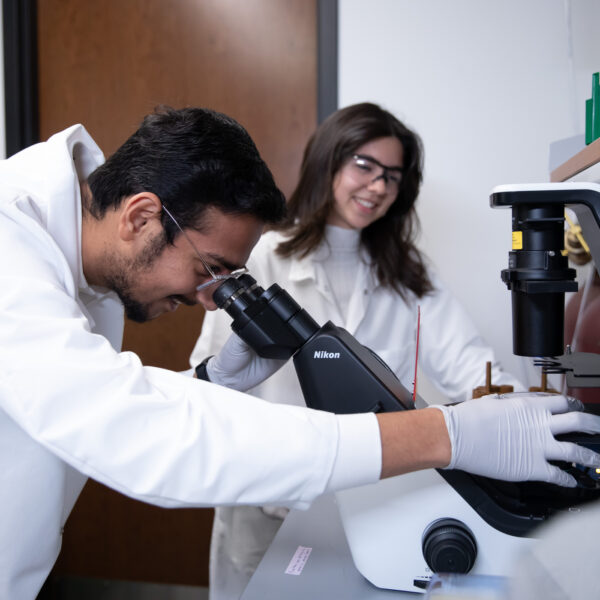AUSTIN, Texas — The University of Texas at Austin is among the top universities in the world for solving society’s most difficult scientific challenges using an interdisciplinary approach, bridging knowledge and discovery across multiple fields of study to focus on a single problem.
In Times Higher Education’s inaugural THE Interdisciplinary Science Rankings, UT places 14th out of 749 universities in 92 countries. UT ranks ninth among all universities in the United States and fourth nationally among U.S. public universities for interdisciplinary scientific work and research. THE produced the rankings in partnership with the Schmidt Science Fellows.
“The world’s greatest challenges can no longer be solved in silos,” said UT President Jay Hartzell. “Advancements in artificial intelligence, robotics, computational science, and elsewhere are now solving problems in engineering, medicine, energy and other fields. This ranking reflects UT’s breadth and depth of expertise across every major field of scientific study. By designing our curriculum intentionally to facilitate these interdisciplinary collisions, our students are at the forefront of scientific discovery.”
Leadership in interdisciplinary study has been engrained in UT’s DNA for more than 50 years.
One example is the Oden Institute for Computational Engineering & Sciences, established in 1973, which brings together 132 faculty members representing 23 academic departments and research units. These faculty members represent five schools and colleges: the Cockrell School of Engineering, the College of Natural Sciences, the Dell Medical School, the Jackson School of Geosciences, and the McCombs School of Business.
Interdisciplinary study also spans many majors in the College of Liberal Arts, including International Relations and Global Studies, Health and Society, and Human Dimensions of Organizations; innovative technology programs such as Texas Robotics, and the Bridging Disciplines Program, which offers 17 interdisciplinary certificates.
In FY2022, the year for which THE’s rankings are based, UT received $311.5 million for interdisciplinary science across all centers and institutes. Recent examples of interdisciplinary science initiatives and grants include:
- Bridging Barriers Research Grand Challenges.
- CosmicAI.
- Department of Energy Urban Integrated Field Lab in Southeast Texas.
- Good Systems’ Interdisciplinary Ethical Robotics graduate training program.
Times Higher Education — Global Top 15 for Interdisciplinary Science




